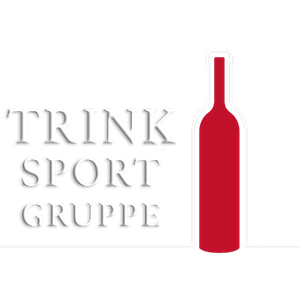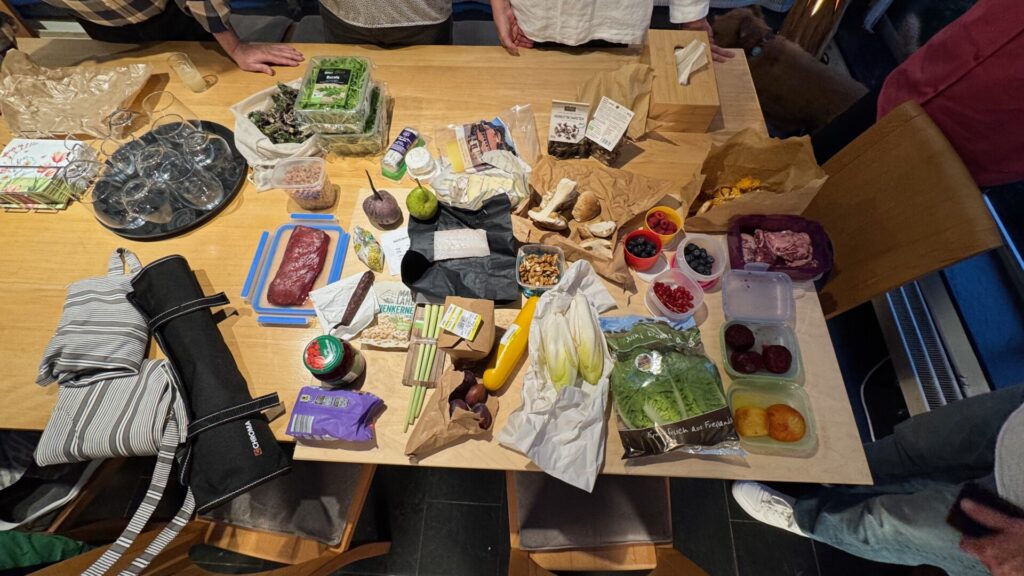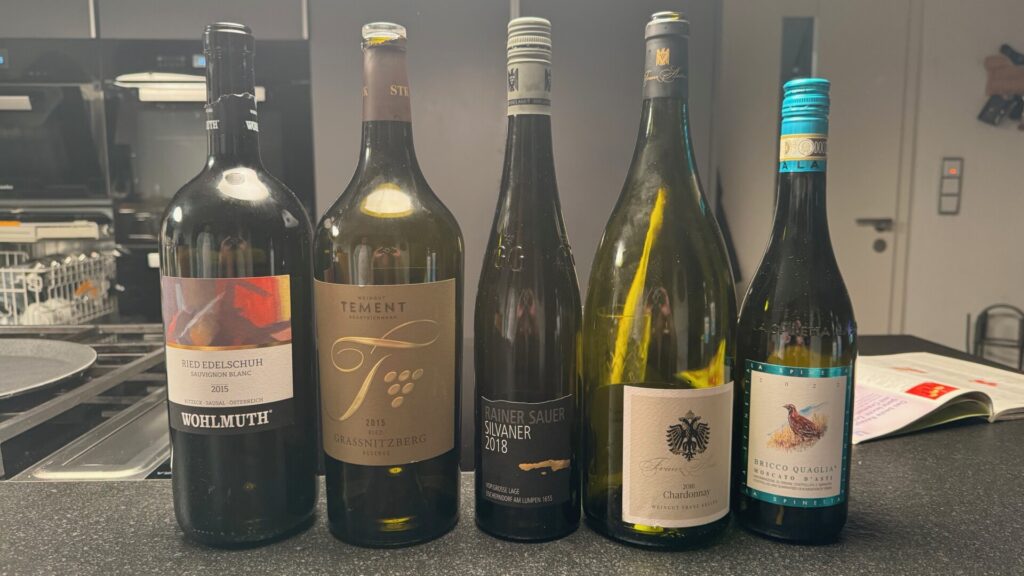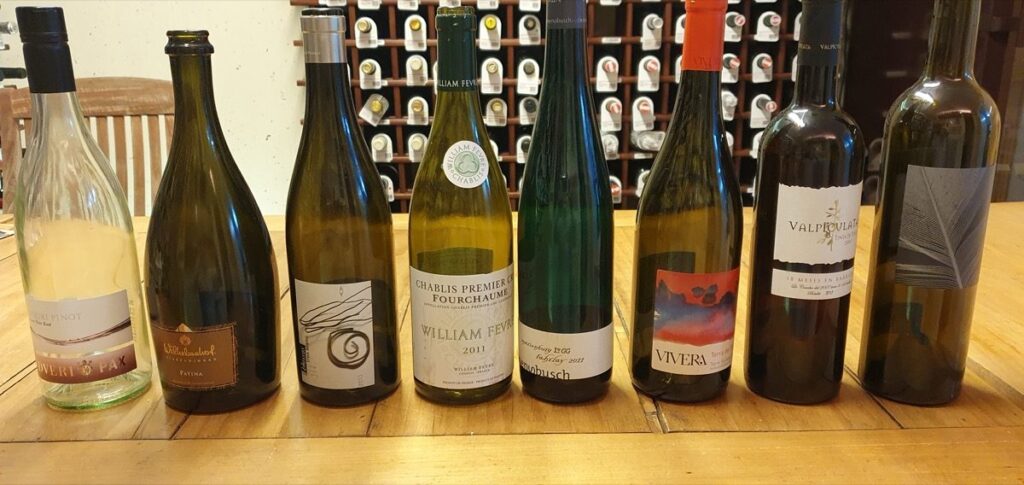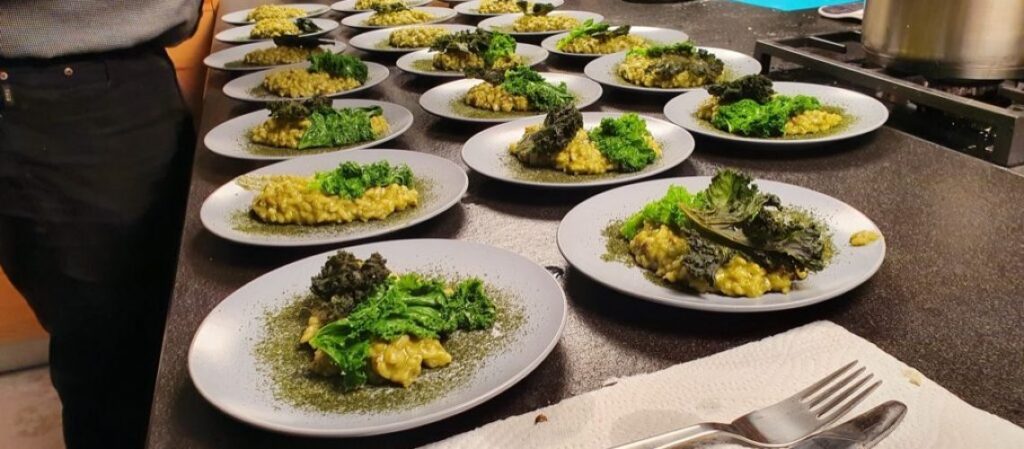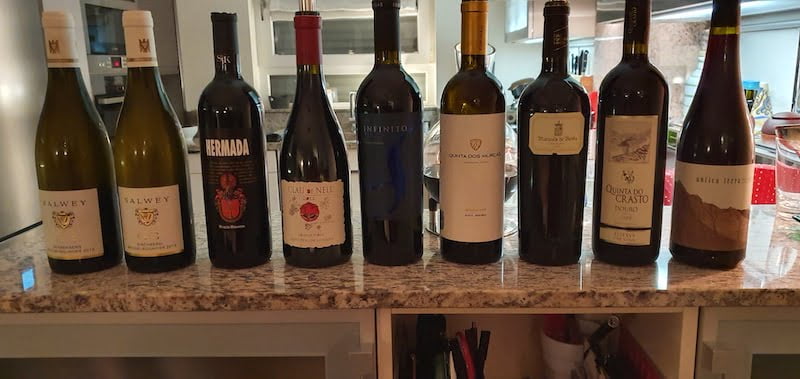Wine tour South England
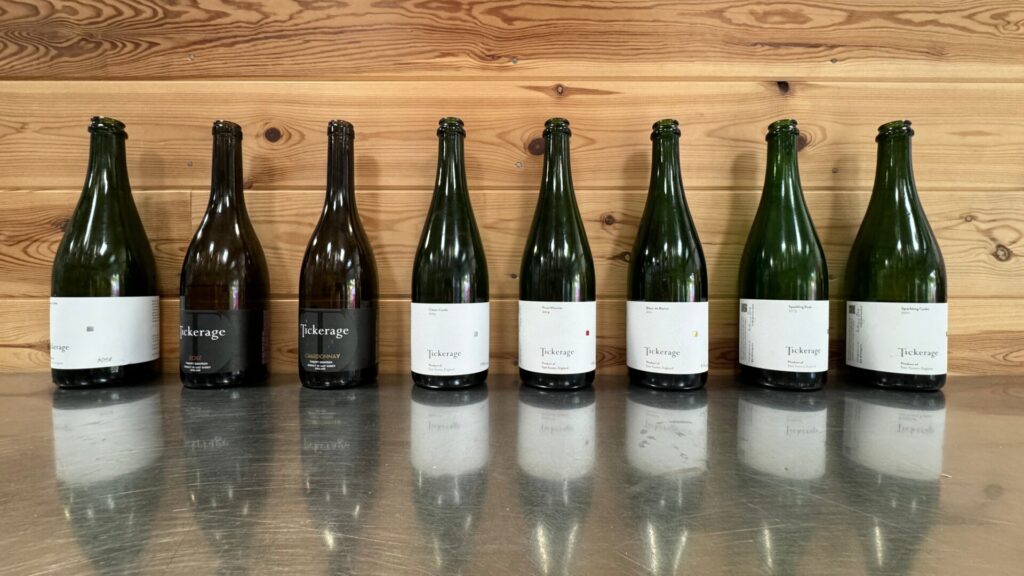
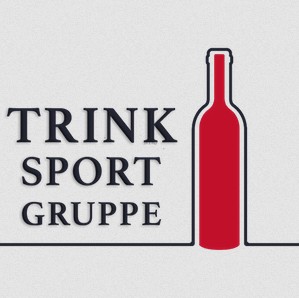
Peter Heck
15. May 2024
Together with 16 members of the drinking sports group, we went on a combined garden and wine trip to the south of England from 08.05.2024 – 13.05.2024.
With regard to viticulture, climate change favors this in southern England. The climatic conditions now allow the cultivation of many grape varieties. Although some local grape varieties such as Riesling only ripen there with the help of special techniques (covering the grape zone with foil), other early-ripening grape varieties such as Bacchus develop well here.
It is worth noting that the Sussex and Kent areas have the same soil structures as Champagne (these extend under the English Channel) and therefore the three Champagne grape varieties (Chardonnay, Pinot Noir and Pinot Munier) can be grown well here. In fact, the production of so-called sparkling wines is far higher here than that of still wines.
We visited the following wineries:
- Tickerage: Small 5ha vineyard in East Sussex. Founded in 2007 by dropouts Zena and Anthony, who previously lived and worked in London. Without exception, the sparkling wines were very old and clearly showed these notes of age in the nose and on the palate. Certainly sects that tend to polarize, but also have their charm.
- Rathfinny Estate: Founded in 2010 by Mark and Sarah Driver, this family-run 93ha estate is dedicated to producing English sparkling wines from a single vineyard in Sussex. The vineyard is located on a beautiful south-facing slope in the English South Downs. Unlike Tickerage, these sparkling wines were fresh and stand up to comparison with their French counterparts.
- Beacon Down: The Beacon Down vineyard covers 7 hectares of the beautiful High Weald near Heathfield in East Sussex, England. Paul and Al Pippard did the same as the owners of Tickerage and left London to grow wine in the south of England. In addition to 2 sparkling wines, we also tasted 3 still wines. The Riesling was very challenging for us, who are used to German Rieslings. Fermented in wooden barrels, the wine underwent malolactic fermentation (BSA), making it completely atypical for this grape variety and highly polarizing. Incidentally, it only ripens under a film.
- Wiston Estate: The highlight of the trip for many at TSG. The sparkling wines produced, whether non-vintage or vintage, were without exception of a very high standard and it takes a good knowledge of the champagne market to find comparable products from France at a similar price. The land on which Pip Goring founded the winery has been in the family since 1743 and covers a total of 6,000 hectares. As is typical in this area, the land was used for farming and grazing sheep and cattle until Pip, who took the idea of the ancient Romans planting vineyards in this area of southern England from the history books, decided to try and turn 16 hectares of land into vineyards. In 2006, the traditional varieties Chardonnay, Pinot Noir and Pinot Meunier were planted. The land in a river valley that is very similar to the physical and chemical composition of the famous Côte de Blancs in Champagne. No herbicides are used and the weeds are kept under control with a mechanical hoe.
Here are some impressions:
